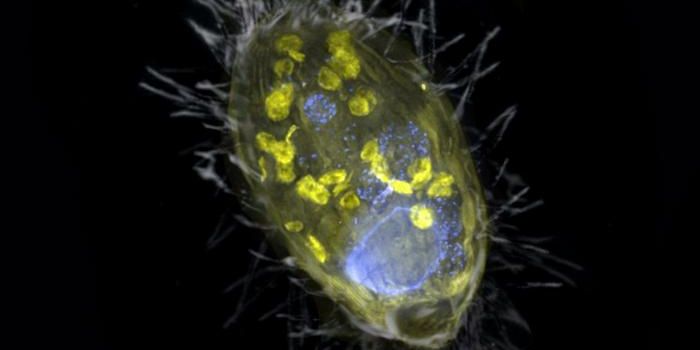Good Results From Trial of CAR T Cell Therapy for Non-Hodgkin Lymphoma
Researchers have reported positive results from a phase 2 clinical trial of a CAR T cell therapy called axicabtagene ciloleucel (axi-cel); after the treatment, cancer cells were undetectable in almost 80 percent of study participants, who all had advanced non-Hodgkin lymphoma (NHL, also known as Non Hodgkin's lymphoma). The findings were reported by the Dana-Farber Cancer Institute at the virtual 62nd American Society of Hematology (ASH) Annual Meeting.
"We were very impressed with the magnitude of the responses, and also the durability," said the leader of the trial, Dana-Farber's Caron Jacobson, MD, MMSc, who presented the findings. "This treatment has meaningfully impacted high-risk patients with these diseases. I was also struck early on by how favorable the safety profile was compared to what we've been seeing in the fast-growing lymphomas."
NHL usually progresses slowly, but patients often relapse after the standard treatment is applied, indicating that new approaches need to be developed. This study suggested that axi-cel worked well for patients that had already relapsed or who had cancers that were resisting the effects of other drugs.
T cell therapy involves taking immune T cells that target disease from a patient, then genetically modifying them so that they are better at latching on to cancer cells and destroying them. This modification is the addition of a receptor on the T cell surface known as CAR (chimeric antigen receptor). Once these patient-specific CAR T cells have been created and expanded so there are many of them, they can be returned to the patient, where they are supposed to go on to kill cancer cells.
CAR has been remodeled and improved since it was first developed. But it still works to target a molecule on cancer cells called CD19. When originally tested as a treatment for relapsed or refractory large B-cell lymphoma, over half of the patients went into remission and though some neurological side effects were seen in about 22 percent of the 20 patients, this was a reduction from previous CAR T cell trials. There were also some side effects involving a severe release of inflammatory molecules called cytokines in about four of the 20 patients in the trial.
Axi-cel was given to 146 patients with slow-growing types of non-Hodgkin cancer called follicular lymphoma or marginal zone lymphoma in the ZUMA-5 trial. All of the study volunteers had active cases of lymphoma even though they'd undergone multiple rounds of treatment.
There was a detectable cancer reduction in 92 percent of the trial participants after 17.5 months of the trial. Unfortunately, adverse side effects were also seen in nearly all the patients, some involving cytokines and some involving the neurological system.
Sources: AAAS/Eurekalert! via Dana-Farber Cancer Institute









